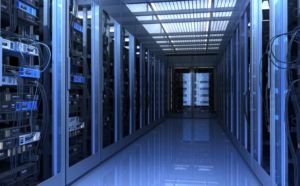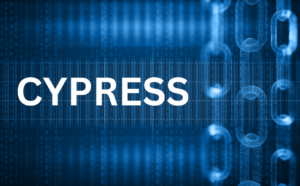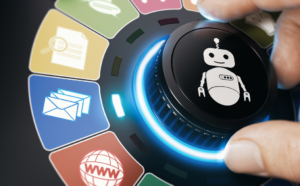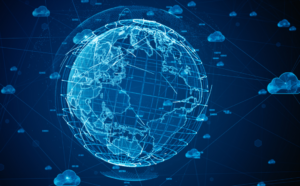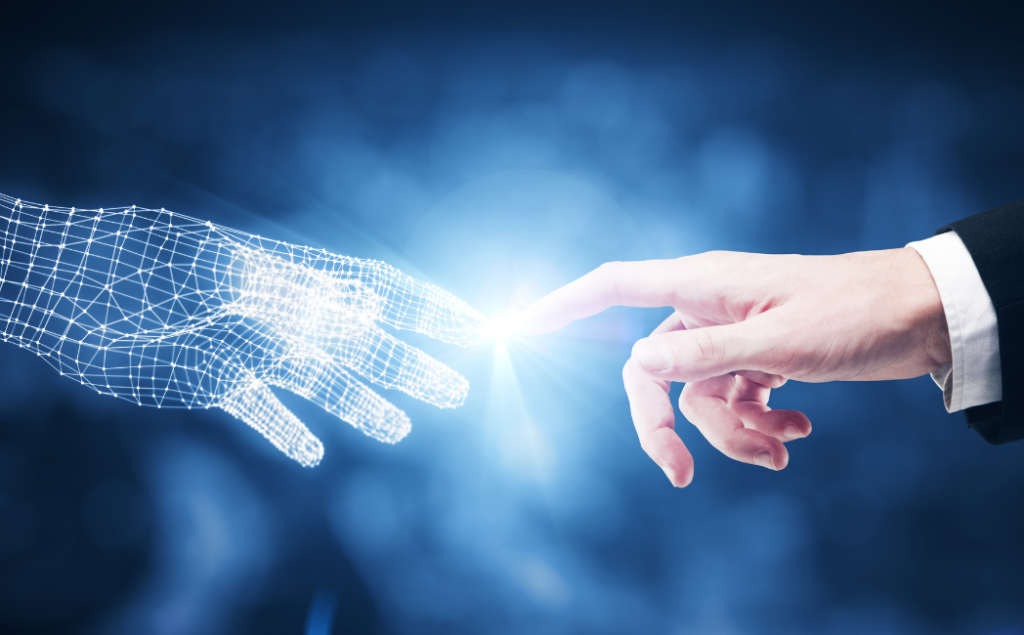
In recent years, artificial intelligence (AI) has transitioned from being a futuristic concept to a present-day reality. From virtual assistants like Siri and Alexa to advanced machine learning models, AI is weaving itself into the fabric of our daily lives. But as AI continues to evolve, the question isn’t just how it’s changing today — it’s how it will shape the future.
In this blog post, we’ll explore the exciting developments in AI and what we can expect as it continues to advance. Buckle up, because the world of artificial intelligence is moving fast, and its impact on industries, society, and our personal lives is just beginning to unfold.
1. AI in Healthcare: Revolutionizing Patient Care
One of the most promising applications of AI is in healthcare. AI-powered tools are already helping doctors diagnose diseases, suggest treatments, and predict patient outcomes with remarkable accuracy. Machine learning algorithms are able to analyze medical imaging, detect patterns in patient data, and even predict the onset of diseases like cancer or Alzheimer’s before symptoms appear.
Looking ahead, AI could transform how we approach healthcare. Imagine an AI system that can provide personalized treatment plans based on a person’s genetics, lifestyle, and medical history. With the ability to process vast amounts of data, AI might not only enhance diagnostics but also streamline administrative tasks, improving overall healthcare efficiency.
2. AI in the Workplace: Automating Tasks, Not Jobs
One of the most talked-about aspects of AI is its potential to automate jobs. However, the conversation often neglects the other side of the coin: AI’s potential to enhance human productivity. In industries ranging from finance to manufacturing, AI is being used to automate repetitive tasks, analyze complex data, and even assist in decision-making.
Rather than completely replacing human workers, AI is likely to act as a tool that complements human intelligence. For example, in customer service, AI chatbots can handle basic queries, freeing up human employees to focus on more complex issues. In creative industries, AI is already helping generate content, aiding writers, artists, and musicians in brainstorming and ideation.
While AI may displace some jobs, it also creates new opportunities in emerging fields like AI ethics, data science, and human-AI collaboration. The future of work is about leveraging AI to augment human potential, not replace it.
3. AI in Transportation: Smarter, Safer, and More Efficient
Self-driving cars are often the first thing people think of when AI and transportation are mentioned. But the impact of AI in this field goes far beyond autonomous vehicles.
AI algorithms are already optimizing traffic flow, reducing accidents, and making public transportation more efficient. Smart traffic lights, for example, use AI to adjust in real-time based on traffic patterns, reducing congestion and emissions. AI is also helping cities better plan public transportation routes, making commuting more efficient and accessible for residents.
The future of transportation will likely see AI playing a central role in creating smarter, more sustainable, and safer mobility systems. From electric cars to AI-managed traffic grids, the possibilities are endless.
4. Ethical Considerations: Navigating AI’s Dark Side
As with any powerful technology, AI brings with it a host of ethical challenges. Bias in AI algorithms, privacy concerns, and the potential for surveillance are all critical issues that need to be addressed as AI becomes more ingrained in society.
AI systems learn from data, and if that data contains inherent biases, the AI can perpetuate and even amplify those biases. This is particularly concerning in areas like criminal justice, hiring, and lending, where AI decisions could have profound consequences on individuals’ lives. Efforts to make AI more transparent, explainable, and fair are already underway, but this remains an area of active research and policy development.
Additionally, the use of AI for surveillance poses significant privacy concerns. As facial recognition technology and other AI-powered monitoring systems become more widespread, it’s essential that governments, companies, and individuals carefully consider how data is used and protected.
5. AI in Everyday Life: Personal Assistants, Smart Homes, and More
For most of us, AI already plays a role in our daily routines. Virtual assistants like Siri, Alexa, and Google Assistant help us manage tasks, answer questions, and even control smart devices in our homes. AI-powered recommendation engines, such as those on Netflix and Spotify, help us discover new content based on our preferences.
In the near future, AI could make even more profound changes in our daily lives. Smart homes will become more intelligent, anticipating our needs and adjusting the environment for comfort, energy efficiency, and security. Imagine your fridge suggesting recipes based on its contents or your AI-powered calendar managing your schedule more intuitively.
6. The Path Ahead: What’s Next for AI?
As AI continues to evolve, the next frontier will likely involve creating more advanced, general-purpose AI systems — what some call Artificial General Intelligence (AGI). Unlike current AI systems, which are specialized for specific tasks, AGI would have the ability to perform any intellectual task that a human can do. While we’re still a long way from AGI, researchers are making strides in developing systems that can learn, adapt, and understand in ways that resemble human cognition.
In the meantime, AI will continue to evolve in its specialized applications, from language models that understand context and nuance to AI systems that can solve problems in real-time, learning from their environment. As these systems grow more sophisticated, they could help us tackle some of the world’s most pressing challenges, from climate change to global health crises.
Final Thoughts: Embracing the AI Revolution
Artificial intelligence is no longer a niche technology. It’s already having a transformative impact across industries and is embedded in our everyday lives. As we look to the future, it’s essential that we continue to explore AI’s potential while addressing its ethical implications.
The key to maximizing AI’s benefits lies in collaboration — between humans and machines, governments and tech companies, and policymakers and the public. By doing so, we can ensure that AI becomes a force for good, helping to create a smarter, safer, and more efficient world.

